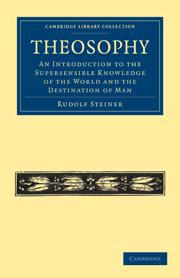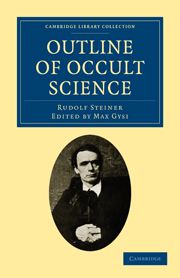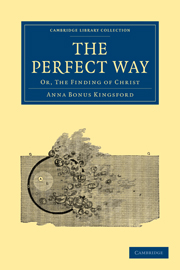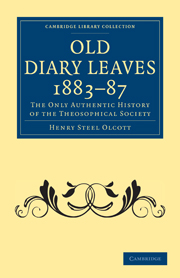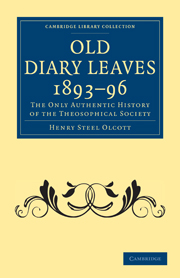Theosophy
Austrian philosopher, playwright, and artist Rudolf Steiner (1861–1925) is perhaps best known as an educational philosopher and reformer, the founder of Steiner (or Waldorf) schools located around the world. These schools' philosophy represents the priorities Steiner discusses in Theosophy: the development of body, soul, and spirit. Goethe was an important influence on Steiner, and he edited the poet's scientific works (1889–1896). Steiner was an active member and leader of the German branch of Madame Blavatsky's Theosophical Society, eventually broke away from theosophy, as he developed his own spiritual philosophy termed 'anthroposophy'; this philosophical movement asserted the potential of realizing a spiritual reality through cognition. This 1910 translation by Elizabeth Douglas Shields is of the book's third German edition; it was first published in 1904. This work will be of particular interest to historians of philosophy, of spiritual movements and of education.
Product details
June 2011Paperback
9781108072663
234 pages
216 × 140 × 13 mm
0.3kg
Available
Table of Contents
- Translator's foreword Elizabeth Douglas Shields
- Preface to the first edition
- Preface to the third edition
- Introduction
- Part I. The Constitution of the Human Being:
- 1. The corporeal being of man
- 2. The soul being of man
- 3. The spiritual being of man
- 4. Body, soul, and spirit
- Part II. Re-Embodiment of the Spirit and Destiny, or Re-Incarnation and Karma
- Part III. The Three Worlds:
- 1. The soul world
- 2. The soul in the soul world after death
- 3. The spiritland
- 4. The spirit in the spiritland after death
- 5. The physical world and its connection with the soul and spiritlands
- 6. Thought forms and the human aura
- Part IV. The Path of Knowledge
- Notes and amplifications.

